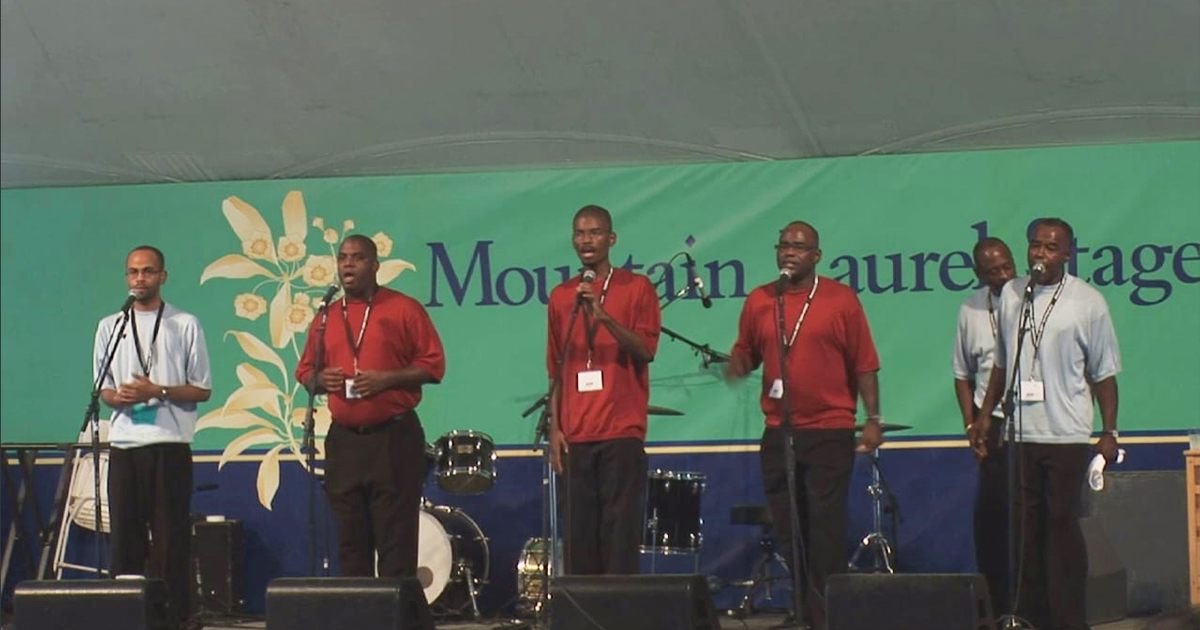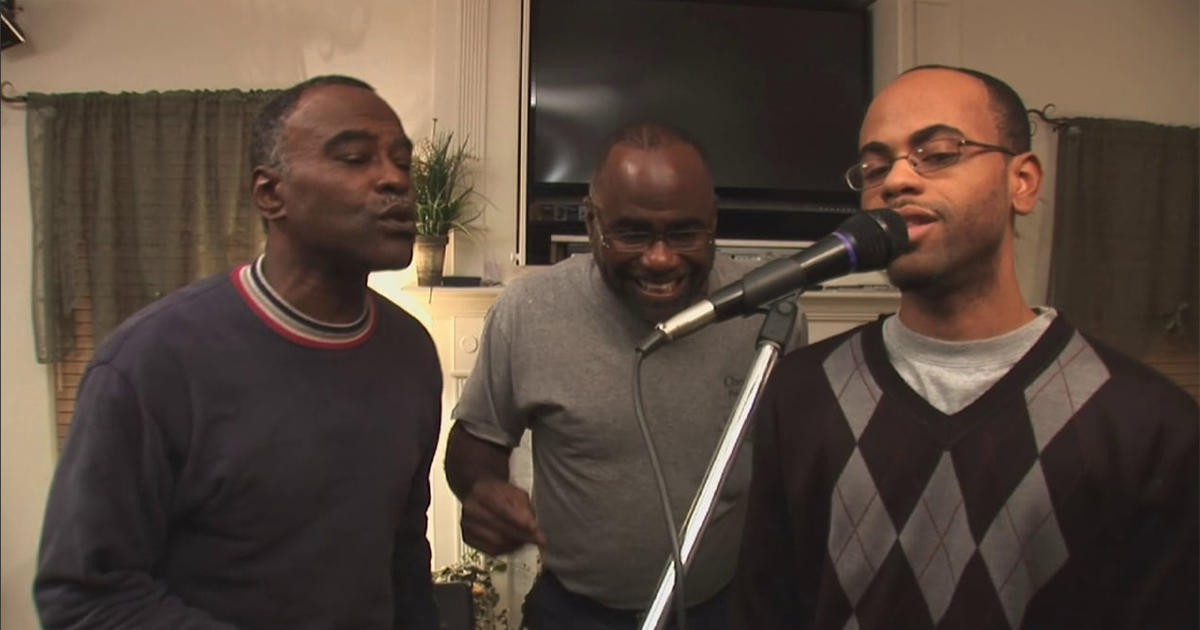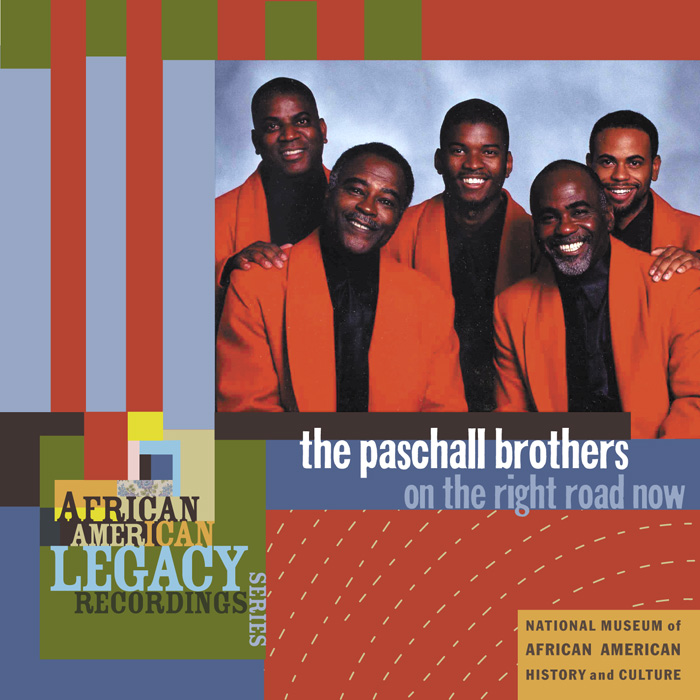The Paschall Brothers

Tidewater gospel quartet is a long and proud a cappella tradition, and the Paschall Brothers are among its last tradition-bearers. One only needs to spend a few minutes with them to understand why they have persisted when so many other groups have not. With a seemingly unbreakable family bond, the Paschall Brothers have followed in the footsteps of their father, Reverend Frank Paschall Sr. (1923–1999), who led them both philosophically and musically by example. After being widowed he raised eleven children alone, with love, compassion, and grace, and by challenging his children to always know their pitch at any given moment in time he instilled in them the most important principles of the Tidewater tradition. Growing up in this musical atmosphere, the children never thought twice about carrying on the Tidewater legacy; they wanted to emulate their father and provide the same kind of example to their own children. Since the 1960s, the Tidewater style of a cappella gospel has all but disappeared. However, with the descendants of Frank Paschall Sr. the tradition continues to fulfill its purpose of bringing the good news to all those who want to hear it.

Though the lineup changes from time to time, the Paschall Brothers have kept it in the family and have begun to include the next generation. As of their most recent recording, On the Right Road Now, the group consisted of brothers Frank Jr., Terrence Sr., Terrence Jr., and Renard Freeman Sr. (brother-in-law) and Renard Freeman Jr. At the heart of their sound is a lifetime of immersion in African American culture, talent, and what they call Divine intervention.
The Tidewater style of a cappella gospel is one of several regional styles that took root in the American South and eastern states after the Civil War. These groups have always been called quartets even though they could have six or more members: The word quartet refers to the fact that the groups sing in four-part harmony. The first group to make a splash was from the oldest historically black college, Fisk University, in Tennessee. The early groups, known as jubilee quartets, attempted to marry spirituals and other black folk genres with elements common to the minstrel stage in order to create a form appealing to white audiences, and ultimately generate much-needed funds for black universities. Over time, the minstrel elements were removed in favor of African American vernacular expression, which included both secular and sacred characteristics for performance in black churches as part of services.

As the radio and recording industries developed in the early 20th century, so did the a cappella quartet style. The migration of African Americans to America's urban centers also influenced the music, which began to take on a sophistication that would form the basis for rhythm and blues, rock 'n' roll, doo-wop, and other styles that would come to define American popular music. One of the early groups to extend their expression beyond the jubilee style was the Golden Gate Quartet, the most famous of the dozens of quartets to come out of the Tidewater region. A cappella gospel peaked in popularity in the 1940s and 1950s, and although several groups grew into full ensembles in order to keep up with the times, most of them had disappeared by the mid-1960s.
Formed in 1981 under the leadership of Frank Paschall Sr., who sang in quartets during the genre's heyday, the Paschall Brothers perform classic Tidewater repertoire along with original compositions. On the Right Road Now features arrangements by Frank Sr. as well as pieces made famous by the Soul Stirrers, Dixie Hummingbirds, and the Golden Gate Quartet, among others. The Paschalls add their own flair even to these pieces, expanding harmonic structure and creating distinct arrangements that maintain the integrity of the original while creating a passionate sound that is uniquely theirs.


